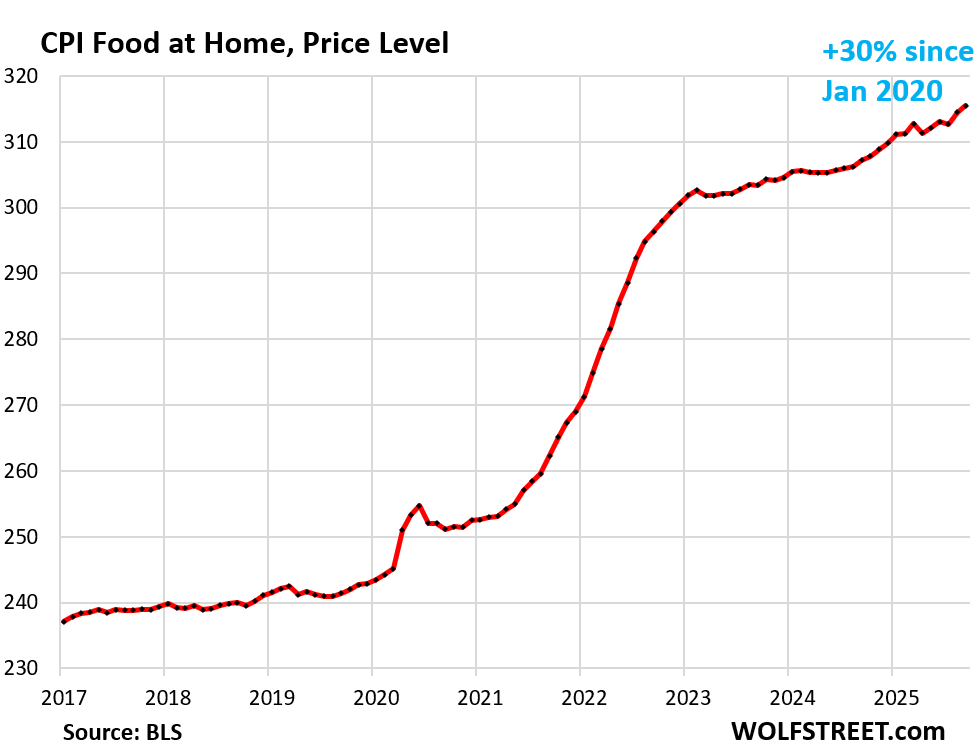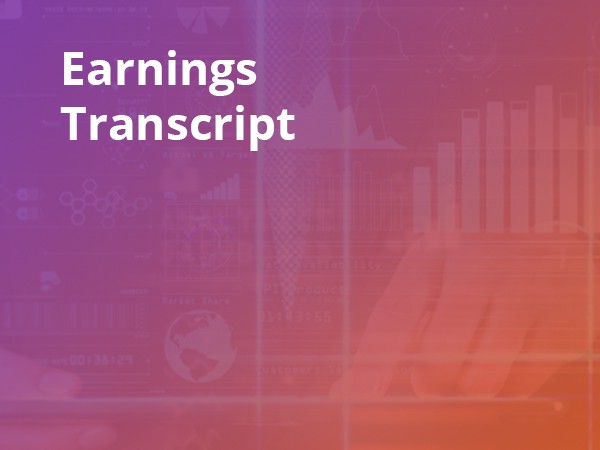Yves here. I am surprised to see Richard Murphy put E F Schumacher, who I have to admit I have barely heard of because he is so rarely mentioned, implicitly as of similar importance as Karl Marx and Milton Friedman, who have been the focus of earlier “Economic Questions” posts.
To perhaps oversimplify Schumacher, bigger often is not better but actually worse. We have pointed out that many activities (like banking) exhibit diseconomies of scale once a certain size threshold is met. Murphy seems perplexed by the fetishization of size. Aside from its arguable origins in male equipment competitions, size (number of employees or size of armies, assets controlled) confers power, even when operations are poorly managed, as “too big to fail” attests.
By Richard Murphy, Emeritus Professor of Accounting Practice at Sheffield University Management School and a director of Tax Research LLP. Originally published at Funding the Future
Ernst Friedrich Schumacher was one of those rare economists who, as a humanist, saw that the purpose of economics was not to serve markets but to serve life. His book Small Is Beautiful: A Study of Economics as if People Mattered(1973) appeared amid oil shocks and environmental anxiety, but its message has lost little of its power.
Schumacher’s starting point was deceptively simple. The modern economy, he said, is built on the illusion that “bigger is better,” and that scale itself is proof of progress. Yet the pursuit of endless expansion, whether in firms, nations, consumption, and technology, destroys the natural, social and moral fabric on which prosperity depends.
He asked a question that economics still cannot answer: how big can we grow before we cease to be humane?
Hence, the Schumacher Question: if small is beautiful because it respects life’s limits, why do we persist in worshipping size, speed and growth when they destroy the very foundations of well-being?
Economics as if people mattered
Schumacher’s critique began with a reversal of priorities. Economics, he argued, should be a branch of moral philosophy concerned with human flourishing, not a calculus of output.
He wrote that the modern economist “is used to measuring the cost of everything and the value of nothing.” The fixation on GDP and productivity ignores whether work is meaningful, communities are whole, or the environment endures.
An economy that measures success only in money will destroy the things that money cannot buy.
The fetish of bigness
Schumacher saw “bigness” as the modern superstition. Large corporations, vast bureaucracies, and giant technologies all promised efficiency but delivered alienation. When scale outruns empathy, people become cogs.
Bigness centralises power; it dulls accountability; it creates distance between decision and consequence.
He proposed a different principle, which he described as ‘appropriate scale’. The right size of enterprise is the smallest that can do the job. The right level of technology is the simplest compatible with need. The right kind of system is one that keeps power close to people.
Small is not nostalgic; it is proportionate.
Technology with a human face
Schumacher rejected the technocratic fantasy that machines could solve every problem. Technology, he argued, must be made to serve man, and not the other way round.
He championed what he called intermediate technology, which comprises tools that enhance local capacity rather than displace it and that respect human skill rather than render it obsolete.
In a world now seduced by artificial intelligence, this warning is prophetic. Technology without moral direction becomes dehumanising. The question is never just what we can do, but what we should do.
The ecological reality
Long before climate change entered mainstream debate, Schumacher recognised that the economy is a subsystem of the environment, not its master. He described fossil fuels as capital being treated as income. By burning them as if infinite, we were liquidating the planet’s wealth.
Sustainability, for Schumacher, was not a slogan but a moral imperative. The economy must operate within ecological limits, or it will cease to exist. Growth that destroys its foundations is not progress, he said; it is self-harm.
Work as fulfilment
For Schumacher, work was not merely a means to an income but a source of meaning. He argued that the aim of work should be to liberate people from the compulsion of economic necessity, and to provide the basis for a good life.
When labour is reduced to cost and people to “human resources,” society corrodes. Small-scale, community-rooted production allows dignity and creativity to flourish.
The politics of enough
Schumacher challenged the ideology of scarcity that drives modern capitalism. The problem, he said, is not that we have too little but that we want too much. The pursuit of ever-rising consumption, he argued, is a moral and ecological dead end.
He proposed instead an economics of enough, where meaning is derived from sufficiency rather than accumulation, quality rather than quantity, and well-being rather than wealth.
It is an idea so radical that half a century later, mainstream politics still cannot speak it aloud.
Answering Schumacher today
To answer the Schumacher Question, we must abandon the cult of bigness and relearn proportion. That means:
Localising production, requiring shorter supply chains, community energy, and regional food systems.
Democratising ownership, with an emphasis on cooperatives, municipal enterprises, and worker-led firms that keep wealth circulating locally.
Redefining progress, requiring the replacement of GDP with indicators of well-being, sustainability, and equity.
Humanising technology, implying the redirection of innovation towards care, repair, and ecological restoration rather than speed and profit.
Embedding limits, meaning accepting that infinite growth on a finite planet is impossible, and redesigning prosperity accordingly.
Inference
The Schumacher Question exposes the moral void at the heart of modern economics. We have mistaken scale for success, quantity for quality, and growth for good.
Schumacher’s vision remains the antidote: economies rooted in place, guided by ethics, and organised for sufficiency rather than excess.
If small is beautiful, it is not because it is quaint, but because it is sustainable, humane, and free.
The task now is to make economics beautiful again and to design systems that serve life instead of consuming it.




























